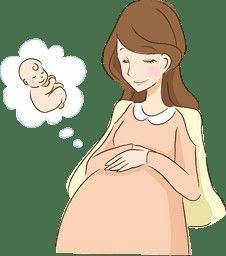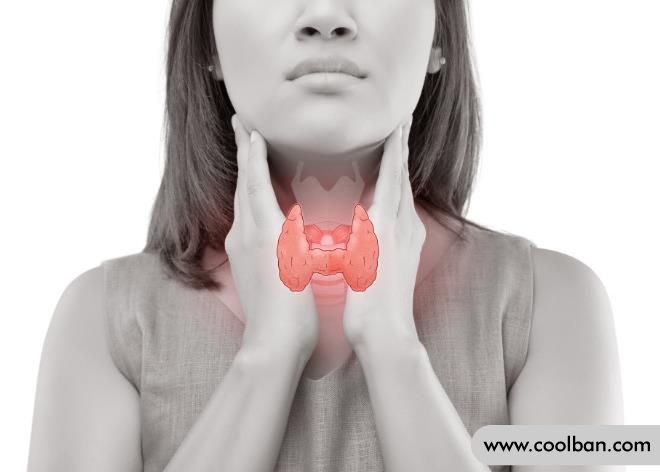Can eating too much iodized salt cause thyroid cancer?
Iodine is an essential micronutrient for growth, development and metabolism, and is the main raw material for the body to synthesize thyroid hormones.
Pregnant and lactating women have significantly more iodine intake requirements than the general population. Insufficient iodine intake of pregnant women will affect the normal development of the child's brain, causing serious deafness, stupidity, and intellectual impairment. If pregnant women are severely deficient in iodine intake, congenital malformations, premature birth, miscarriage or stillbirth may occur.

Insufficient iodine intake in adults may lead to hypothyroidism, prone to lack of concentration, fatigue, and reduced work efficiency.
Salt iodization is the most economical, most effective and easiest to implement measures to prevent and treat iodine deficiency diseases. However, in recent years, there has been a lot of talk about the "high incidence" of thyroid disease caused by excessive iodine intake.

Is thyroid disease related to iodine intake levels?
In recent years, the incidence of thyroid cancer has been on the rise in major countries around the world regardless of whether iodine supplementation measures are taken. Some studies suggest that the current increase in the incidence of thyroid cancer is mainly due to thyroid screening. Because of the wide application of high-resolution B-ultrasound, it is relevant to the diagnosis of previously undetectable occult cancers or small cancers.
The prevalence and multinodularity of thyroid nodules increase with age and body mass index, and a considerable proportion of thyroid microcarcinomas have the characteristics of indolent progression, low malignancy, and good prognosis.
How to self-identify thyroid nodules or goiter?
The main symptoms are: dyspnea, dysphagia, foreign body sensation in the throat, hoarseness or dysphonia, pain due to sharp enlargement of the nodule, etc.
If you have the above symptoms, it is recommended to go to the hospital immediately for diagnosis through B-ultrasound or puncture.
How do different groups of people master the degree of iodine supplementation?
First of all, let's popularize the knowledge about the iodine content of food. The iodine content is sorted from high to low:
1. Seaweed: kelp, seaweed, wakame, seaweed, etc.
2. Iodized salt, chicken essence.
3. Seashells and dried shrimps.
4. Preserved food: ham, salted fish, bacon, sausage, dried tofu or canned food.
5. Eggs: mainly concentrated in egg yolk, relatively high is quail eggs, followed by eggs, relatively low is duck eggs.
6. Others: Nuts, the higher the degree of processing, the higher the iodine content, meat, beans, and soy products.
Special reminder: The iodine content of marine fish is the lowest in the seafood family.
According to the World Health Organization recommendation, the population iodine intake standard (the intake to be guaranteed):
0 to 5 years old 90 micrograms / day;
6 to 12 years old 120 micrograms / day;
150 micrograms per day for adults over 12 years old and healthy adults;
Pregnant and lactating women 250 micrograms/day.

Different groups of people have different principles of iodine supplementation:
People who avoid iodine: patients with hyperthyroidism and patients who need iodine 131 treatment. Because iodine is widely present in all kinds of food, what we call "iodine avoidance" is to try our best to reduce the intake of iodine. For example: try to eat non-iodized salt and avoid eating out; do not eat processed food and pickled products; do not eat seashells, seaweed, shrimp, and crabs; eggs only eat protein; do not eat health products containing iodine .
Low iodine population: Hashimoto's thyroiditis, those who do not need iodine 131 treatment after thyroid cancer surgery. Although people with low iodine do not need to strictly control their iodine intake like those who avoid iodine, those with seaweed should eat as little as possible.
Suitable population for iodine: simple thyroid nodules (normal thyroid function), after surgery for benign thyroid tumors, the general population can eat normally. Pregnant and breastfeeding women should consume foods high in iodine.
